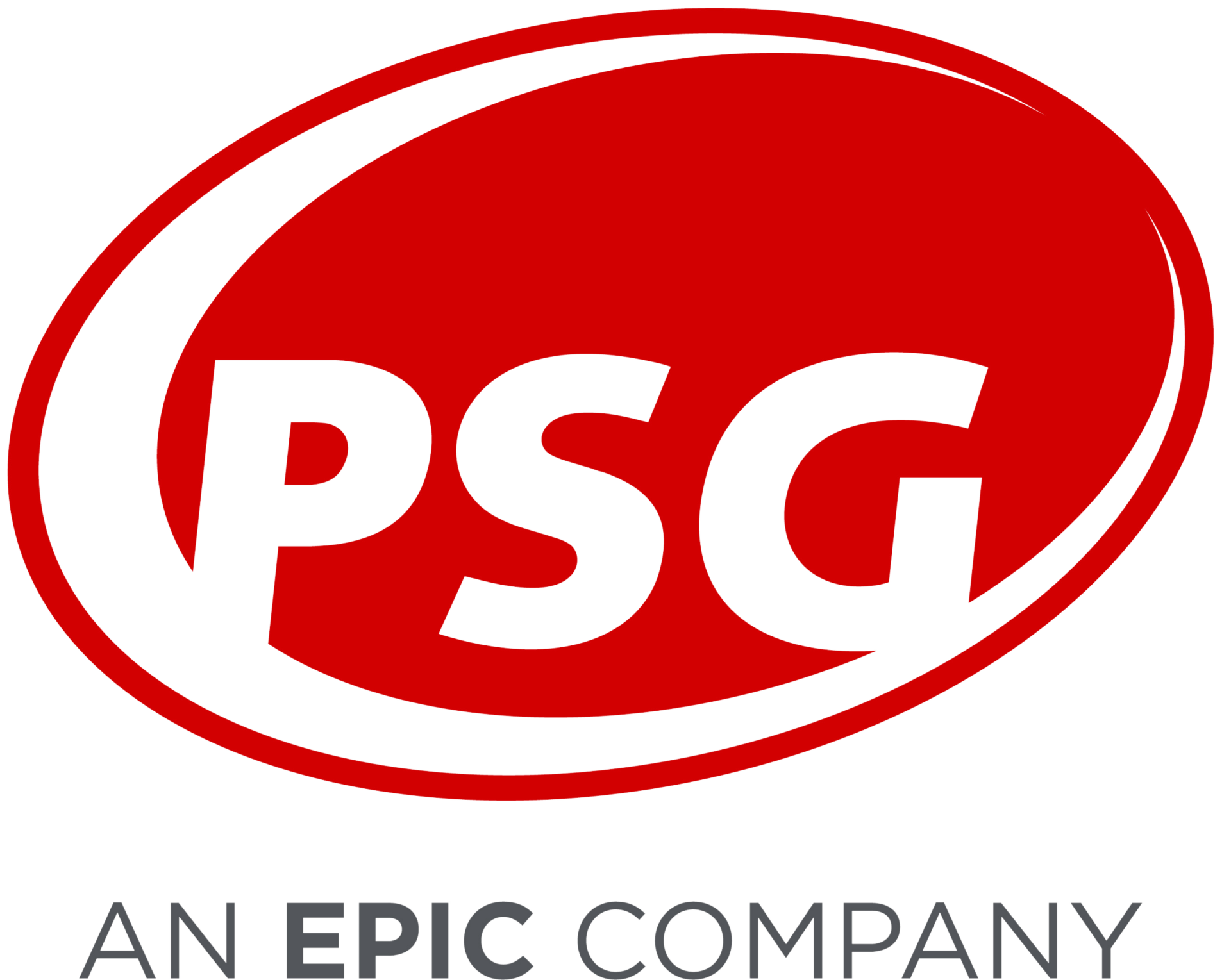Prior Authorizations: A Health Plan’s Secret Tool to Better Patient Care and Lower Specialty Drug Spend
Posted on November 6, 2018
Prior authorizations (PA) have long been a bone of contention between healthcare providers and health plans. Physicians typically dislike them; in fact, 92% of respondents in an AMA-sponsored survey said that the prior authorization process had a negative impact on patient clinical outcomes. Yet what has been a barrier to care is, in the right hands, a tool for identifying the best possible treatment for patients.
It’s a fact. With proper oversight, prior authorizations can ensure the right patient receives the right drug at the right dose, frequency, and duration—and based on the right diagnosis.
Identifying the right patient is especially critical for specialty drugs, which are exponentially more costly and can have more severe side effects. For example, most patients with rheumatoid arthritis take five to seven pills once a week—usually methotrexate—to slow the progression of joint damage. Patients for whom methotrexate is ineffective or intolerable may use specialty drugs such as Humira.
Methotrexate is less than $50 per month; Humira costs more than $6,000. That’s a 120x increase. It also has notable side effects, including increased risk for developing serious infections. Prior authorizations ensure that rheumatoid arthritis patients receive first-line treatments like methotrexate when appropriate, before trying Humira.
Prior authorizations also protect patient health by making sure that specialty drugs are only prescribed for an FDA-approved or clinically supported purpose. For example, oncology drugs should be used only for the appropriate cancer treatments for which they have been proven both safe and effective. Prior authorizations also limit drug use to the appropriate amount of time. A drug that costs $12,000 a month may only be needed for three months. Proper use of PA will prevent it being prescribed for another month.
How PSG helped a health plan save $150,000
Health plans trust their PBMs to implement and use the PBM’s prior authorization review process. The patient’s clinical information is reviewed against certain criteria to determine if prior authorization should be approved. However, PBMs often have excellent criteria that may not always be executed properly; they may not collect the validation or documentation to support their decision to approve a prior authorization.
Using data analysis, PSG offers that validation by asking:
- What is the criteria for approving a prior authorization?
- What information was gathered by the collector?
- Did the information properly lead to approval?
During our assessment of one PBM’s review process, PSG discovered that 40% of a subset of prior authorizations were improperly decisioned based on the information used. The dosage of medicine in one case was based on weight. However, the latest information on patient weight was five years old, a fact that could result in improper treatment/dosing for patients.
Another case included an approval for a member who did not have a diagnosis supported by the PA. Findings were shared with the plan sponsor and the PBM. As a result, the PA process was improved, and the plan was refunded more than $150,000 for this one inappropriately decisioned PA.
Specialty drug spend continues double-digit growth, and patient premiums are constantly on the rise. Prior authorizations are a powerful way to ensure appropriate use and reduce unnecessary costs. It’s critical for plan sponsors to confirm that their PBMs follow the agreed-upon prior authorization process. Such oversight helps ensure your PBM is correctly applying the criteria to the patient information and making the best prior authorization approvals.
PSG’s clinical tools take that process one step further. Our data-driven approach gives you visibility into a patient’s longitudinal patient record and precisely identifies sub-optimal use, minimizing member and provider impact. If you’re uncertain about the effectiveness of your PA process, an audit may reveal unnecessary spend and spot opportunities for savings. Contact PSG today for an introductory consultation!

